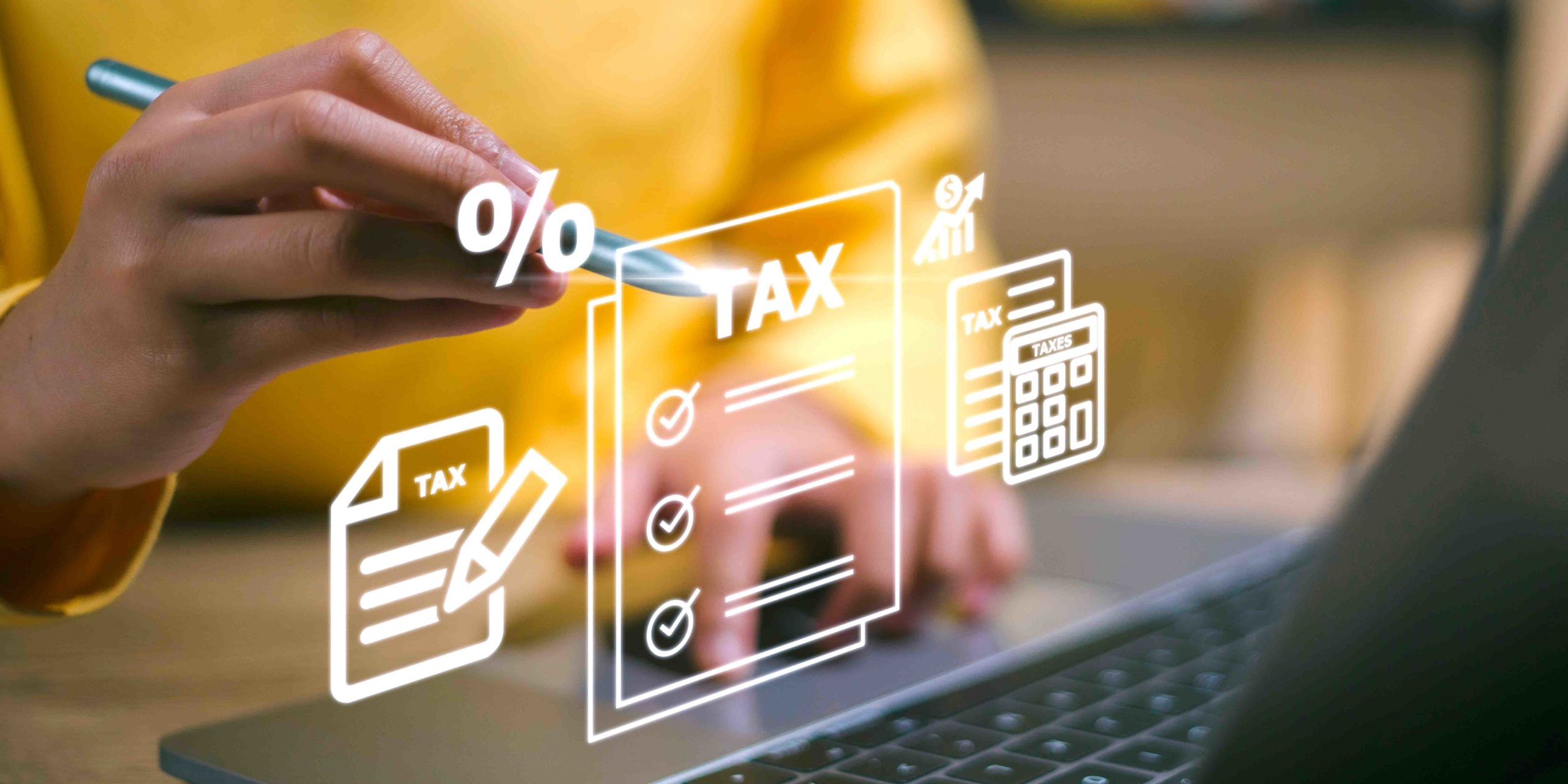
31 Jul Stay Ahead: Making Estimated Tax Payments to Avoid Penalties and Interest
As a responsible taxpayer, it’s essential to stay on top of your financial obligations to the IRS. One crucial aspect of tax management is making estimated tax payments. Failure to do so can result in penalties and interest charges. In this blog post, we will explore the importance of making estimated tax payments, the consequences of not doing so, and strategies to ensure you meet your tax obligations on time.
Understanding Estimated Tax Payments: Estimated tax payments are periodic payments made to the IRS throughout the year to prepay your tax liability, particularly if you have income that is not subject to withholding tax. This includes self-employment income, rental income, investment income, and other taxable earnings.
Consequences of Not Making Estimated Tax Payments:
- Penalties: Failure to make estimated tax payments or underpaying your estimated tax can lead to penalties. The IRS imposes penalties for underpayment, and the amount varies depending on the shortfall and the duration of the underpayment.
- Interest Charges: In addition to penalties, the IRS also charges interest on the underpaid amount. This interest accrues daily from the due date of each estimated tax payment until the balance is settled.
Strategies to Ensure Timely Estimated Tax Payments:
- Calculate Your Estimated Tax: Use Form 1040-ES or consult a tax professional to accurately estimate your tax liability for the year. This will help you determine the appropriate amount to pay in estimated taxes.
- Set Up a Payment Schedule: Create a payment schedule based on the IRS’s quarterly estimated tax payment deadlines (April 15th, June 15th, September 15th, and January 15th of the following year). This will help you stay organized and avoid missing any payments.
- Track Your Income and Expenses: Maintain accurate records of your income and deductible expenses throughout the year. This will enable you to make more precise estimates and avoid overpaying or underpaying your taxes.
- Utilize Electronic Payment Options: Take advantage of electronic payment methods such as the Electronic Federal Tax Payment System (EFTPS) or IRS Direct Pay. These options provide convenience and ensure secure and timely transactions.
- Adjust Your Payments as Needed: If your income or financial situation changes during the year, reassess your estimated tax payments. If necessary, adjust the amount to avoid overpaying or underpaying.
- Consult a Tax Professional: If you find estimating your taxes and making timely payments challenging, consider consulting a tax professional. They can provide valuable guidance and help you navigate the complexities of the tax system.
Making estimated tax payments is crucial for avoiding penalties and interest charges from the IRS. By understanding the importance of these payments, the consequences of not making them, and implementing effective strategies, you can stay ahead of your tax obligations. Remember to calculate your estimated tax accurately, set up a payment schedule, track your income and expenses, utilize electronic payment options, adjust payments as needed, and seek professional assistance when necessary. Taking proactive measures will ensure compliance and help you manage your tax responsibilities with confidence.
For more information contact us at optimumconsultant9@gmail.com or call 708-484-1434

